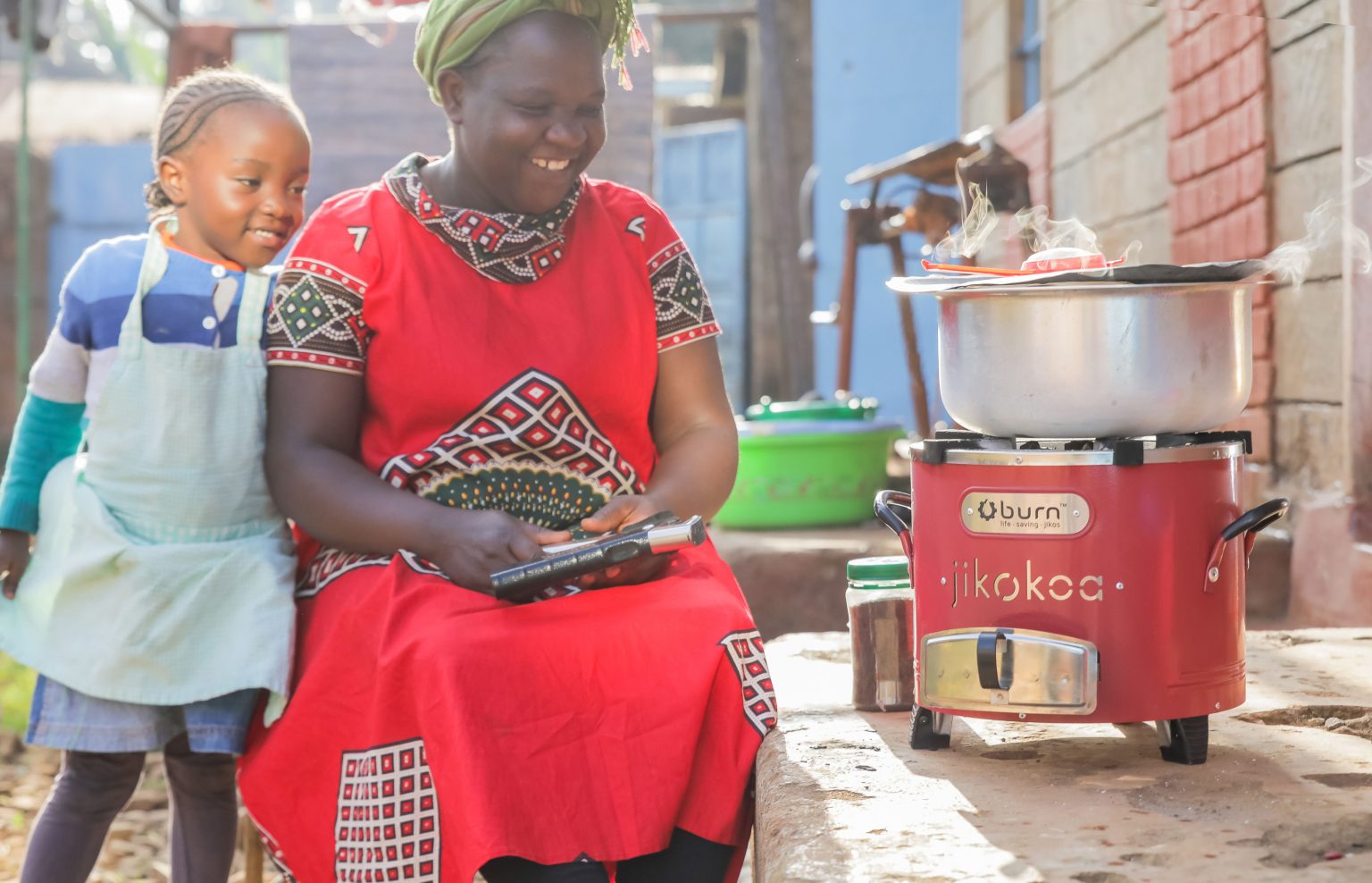According to a World Bank report released last year, “State and Trends of Carbon Pricing 2020”, there has been significant progress in the fight against global warming, but there is much more to be done.
More than 70 countries have committed to working toward net zero emissions by 2050, and to enhance their international climate pledges under the Paris Agreement. How these government and private sector pledges will be translated into action will be crucial in ensuring whether global warming can be confined to below two degrees Celsius.
Carbon emissions trading, including “cap and trade” systems, are key ways of reducing emissions. Africa accounts for only two per cent of trading in the global carbon market, with South Africa and Nigeria leading the way. There are, however, moves on the continent to increase the number of carbon reduction investment opportunities.
The African Development Bank (AfDB) has launched a two-year technical assistance programme – the African Carbon Support Programme – but startups are also beginning to play their part, which is an extremely positive, if still embryonic, development.
Who is operating in this space?
One company active in this space is the Kenya-based KOKO Networks, a venture-backed technology company that builds and deploy dense networks of cloud-connected “KOKOpoints” inside local corner stores, which serve as consumer access points for goods and services delivered in partnership with major suppliers.
Its first consumer solution is a liquid ethanol cooking fuel, which delivers significant cost savings and quality of life improvements in the multi-billion dollar market for urban cooking fuel. And according to Greg Murray, co-founder and chief executive officer (CEO) of KOKO Networks, it is also now getting busier in the carbon credits space.
“KOKO Climate is the division of our company that produces and trades carbon credits. Our first consumer solution, KOKO Fuel, replaces dirty cooking fuel and reduces emissions. These emissions reductions are quantified and verified through a UNFCCC Clean Development Mechanism programme and then traded into global compliance and voluntary markets,” he said.
“We use the revenues to lower the consumer price of the KOKO Cooker kit, and therefore accelerate uptake.”
Also Kenya-based is BURN Manufacturing, which designs and manufactures fuel-efficient biomass stoves as well as a range of electric, hybrid, and LPG cooking appliances. Chris Mckinney, the company’s chief commercial officer, said BURN had extensive experience in the carbon finance space.
“Since 2013, BURN has generated a total of 3.8MtCO2 from several carbon offsetting projects in East Africa where the company acts as both an implementer and a managing entity,” he said.
“All the projects involve the manufacturing of improved cookstoves and their distribution to households who were previously using traditional non-efficient stoves. This results in an important reduction of GHG emissions and also brings positive social impacts, including savings of both time and money that the beneficiaries can utilise for other needs like education, healthcare, and income-generating activities.”
On the other side of the continent, Nigeria’s Powerstove Energy, which uses advanced technology to deliver a superior smokeless, IoT-enabled cookstove that generates electricity, is also active in the carbon market.
Founder and CEO Okey Esse said Powerstove was active in two ways.
“We have developed and pioneered a self-powered IoT device that tracks, quantifies and monetises carbon credits from clean cookstoves, and we also develop clean cookstove projects financed through carbon credits,” he said.
What is the potential for Africa here? What are the obstacles?
Esse said the potential of carbon credits from both a business and an environmental perspective was huge, but the market was still in its very early stages.
“Uptake is still in its infancy,” he said. “There is not much activity in the market in Nigeria, but across Africa the market is growing at an encouraging pace.”
Murray said there is extremely high demand for carbon from ventures who have strong underlying substance, deliver co-benefits beyond emissions reductions, and are in high growth mode.
And it is certainly a valuable market to tap into. The global carbon markets transacted US$272 billion in 2020. For comparison, global venture capital transactions were US$311 billion.
“The bulk of the carbon trade has been within European and North American markets. However, there are 30 markets for carbon around the world, and these are in the process of being knitted together into a common global market through Article 6.4 of the Paris Agreement,” said Murray.
“There is a major opportunity for Africa to participate as an exporter to markets around the world, through this mechanism. At present, the markets that buy African carbon include Europe, South Korea, the CORSIA aviation market and the global voluntary market.”
Mckinney said BURN had noticed a growing interest in its carbon projects, both from carbon brokers and corporates getting involved in climate-positive actions.
“There is a high demand for quality carbon credits from projects which don’t only reduce GHG emissions but also bring high social impacts and which display science backed-up and verified information that buyers can fully trust,” he said.
Yet there are also challenges. Esse said two obstacles are especially significant.
“There is a lack of information, and the high cost of getting third party verification approval of carbon credits. If well applied, it is very crucial to the business model,” he said.
Early days, then, but signs of activity in the African carbon market, and as ever it is startups who are among the early trailblazers.


